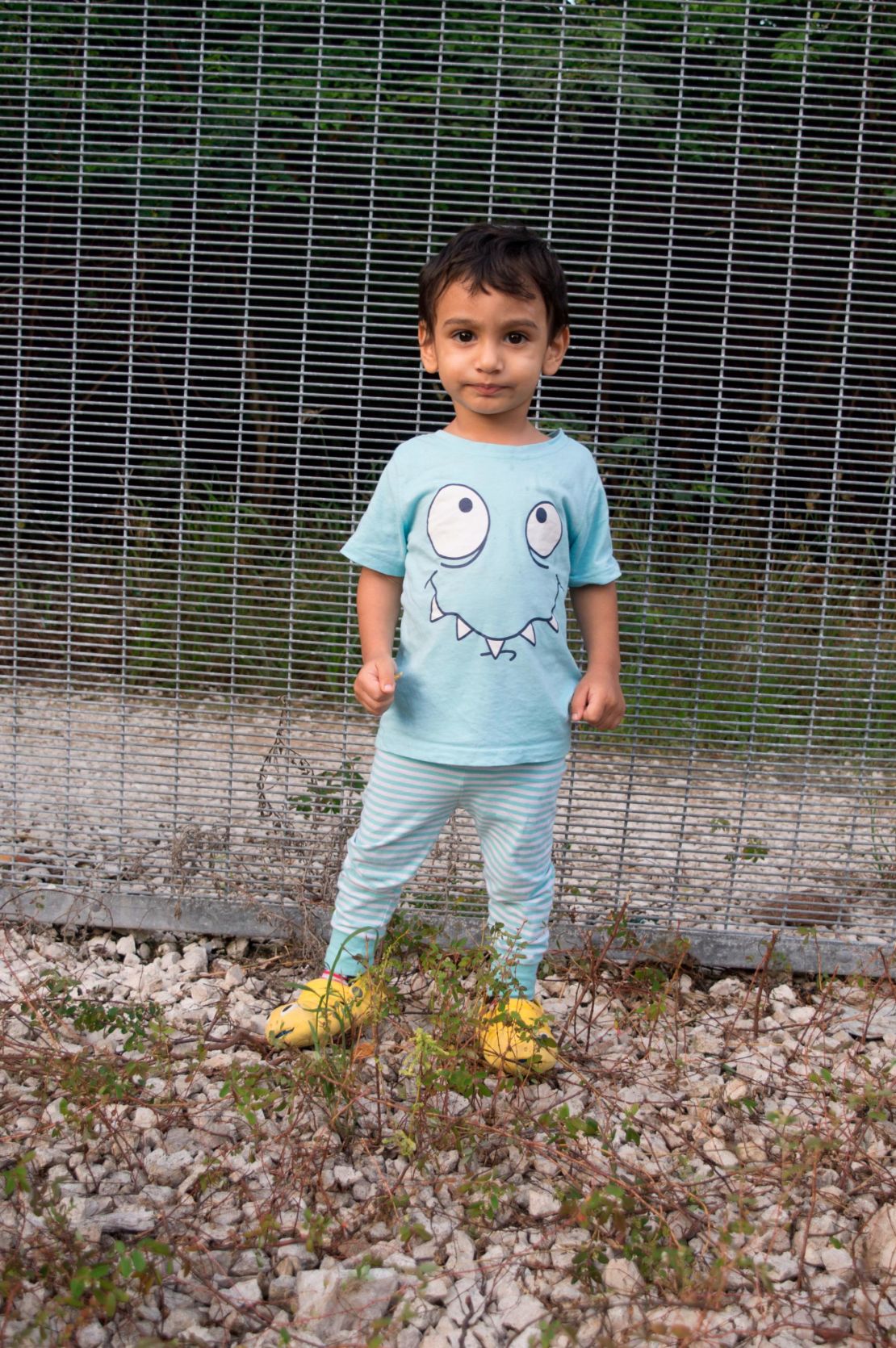Australian advocates and opposition politicians are campaigning to free 119 children from forced detention on a tiny Pacific Island, amid warnings that the health of several young refugees is quickly deteriorating.
One 12-year-old boy, detained on Nauru under the Australian government’s strict border policies, is seriously ill after refusing to eat for at least two weeks and needs to be transferred to the mainland for treatment, doctors say.
Doctors for Refugees President Barri Phatarfod told CNN the 12-year-old boy was one of several young children on Nauru whose health was progressively deteriorating.
“We can only assume (he has) depression because of his progressive withdrawal from different aspects of life … We know he refuses to eat and refuses to drink,” Phatarfod said.
There are 119 children still living on Nauru after being transferred there under Australia’s immigration policy, which bans asylum seekers who arrive by boat from being settled on the mainland.
The Australian government insists the children are no longer in detention, but they and their parents are not allowed to leave. The Australian Border Force was contacted by CNN for comment but did not respond.
More than 30 non-government organizations in Australia came together on Monday to demand the government release the children by Universal Children’s Day, November 20.

As part of their campaign, they released images of three children who are living on the tiny island, including two-year-old Roze who has spent her entire life there.
“There are children here suffering. We don’t know what our future holds. Our children are like any other little children around the world – but they are not allowed to be free,” their parents said in a statement.
World Vision Chief Executive Claire Rogers told CNN the young people marooned on Nauru had less hope than children she’d seen in refugee camps around the world.
“I never thought I’d have to fight this in my own country, but the things that are going on Nauru have just caught my heart,” she said.

‘Acts of self-harm and depression’
The Australian government started moving hundreds of asylum seekers and refugees, including children, to Nauru after reopening its detention center in 2012. Since then there have been regular reports of physical and psychological damage suffered by the new arrivals.
A 2016 UN report found many cases of “attempted suicide, self-immolation, acts of self-harm and depression” among children detained on Nauru.
According to Phatarfod, the only way for someone to be transferred from Nauru to Australia for medical treatment is to be at risk of imminent death.
She told CNN a number of children on Nauru were regressing developmentally, showing less ability at their current age than a few years ago.
“There are at least 10 children on Nauru that have been referred to us who display this, and at least seven who are actively suicidal,” Phatarfod said, adding that if they’d been in Australia these children would have received “urgent” medical attention.
A second detention center for male asylum seekers on Manus Island, Papua New Guinea, was closed by order of a local court at the end of 2017. The majority of the detainees were moved to a new center and have not been allowed to leave Papua New Guinea.
The Australian government maintains that its tough border protection policies are necessary to avoid deaths at sea at the hands of people smugglers. Under the policy, people who arrive in Australian waters by boat are sent to offshore processing centers, and told they’ll never be settled on the mainland.
‘Stop playing politics’
Using the hashtag #KidsOffNauru, the Australian charities have started a petition calling for the government to allow the refugee children to leave the island.
“(This) is a test of the courage of our political leaders to resolve this situation. If they fail this test, we will not drop the baton in championing these children to be put in a situation where they can grow up as normal, healthy children,” Rogers said.
Some members of the Australian Parliament have attempted to speak out to gain help for the detainees trapped on Nauru, including the opposition Labor Party Immigration Spokesman Shayne Neumann.
Neumann wrote to Home Affairs Minister Peter Dutton on August 20, calling on the minister to accept an offer by New Zealand to resettle some of the refugees “as quickly as possible.”
Speaking in the House of Representatives on August 13, Independent politician Andrew Wilkie called on the government to “stop playing politics with people’s lives,” listing a dozen cases of detainees in severe need of medical treatment.
“A 12-year-old boy who has overdosed twice in the past fortnight, an 11-year-old girl who is suicidal, an eight-year-old boy with autism in need of substantial support, a 27-year-old woman (who) was sexually assaulted on Nauru and is so afraid to leave her accommodation she has felt forced to urinate in a bucket,” he said in a speech.
So far there has been no indication the Australian Government will listen to the latest plea for the refugees, but Rogers said they will keep trying no matter what.
“No one’s saying this isn’t a complex problem, but locking up children is not the solution,” she said.






















